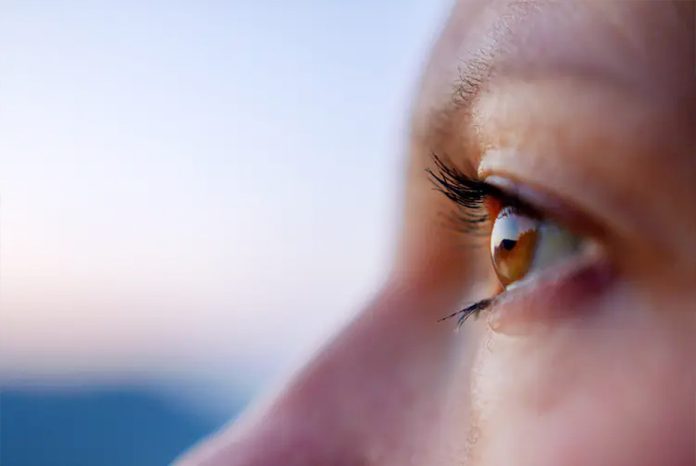What Is Blurry Vision?
When your vision is blurry, it becomes difficult for you to see sharply or clearly.
You may find yourself blinking, squinting, or rubbing your eyes to gain a clearer view. You might have blurry vision as a result of aging or the need for new glasses. But it can be a sign of other health problems, too.
Often, treatment for these conditions will clear up your blurred vision. Remember, though, that sudden changes to your eyesight aren’t normal. If they happen, see your doctor right away.
Blurry Vision Causes
The causes of blurred vision fall into four general categories:
Retinal. There’s a problem with your retina, the structure at the back of your eye that senses light.
Clouding. The parts of your eye that light passes through to reach the retina are normally transparent. These include the cornea, lens, and jellylike substance that fills your eyeball, called the vitreous humor. If any of those things is clouded for some reason, your vision will be blurry.
Nerve issues. The path that carries messages from your eyes to your brain is disrupted in some way.
Refractive errors. These refer to problems in the way the light is focused on your retina.
Blurry vision in one eye
Blurriness that affects only one eye could signal a serious medical condition. You should talk to a doctor right away. This could be a sign of a stroke, brain tumor, detached retina, or other problem that requires immediate action.
Blurry Vision and Diabetes
Diabetes can damage your vision over time. It’s important for your sight to manage your diabetes and have regular eye exams to catch problems early.
Diabetic retinopathy
This is an eye disease caused by diabetes. Over time, high blood sugar can damage the tiny blood vessels in your retina, the part of your eye that senses light. That can lead to swelling in a part of the retina called the macula, new and unwanted blood vessels growing in the eye, and bleeding inside the eye.
Along with blurry vision, diabetic eye disease also may cause:
- “Floating” spots in your field of vision
- Permanent loss of vision
Early treatment is the best way to avoid permanent damage. Learn more about the symptoms of diabetic retinopathy.
Blurry Vision and Stroke
One of the key signs that you’re having a stroke is a sudden, painless change in eyesight. You might have blurry or double vision. A stroke can affect the part of your brain that controls your vision.
Call 911 right away if you have either of these changes or other warning signs of stroke:
Stroke warning signs
- Dizziness
- Face drooping
- Loss of balance
- Slurred speech or other problems speaking clearly
- Weakness or numbness in one arm
- Severe headache
- Disorientation
Blurry Vision and Migraine
A migraine is more than a horrible headache; it’s a neurological disorder. There are many other symptoms that you might have with the pain, including blurry vision and sensitivity to light. You may feel these signs even before a migraine starts, and they may last until it’s over. In fact, blurry vision can be an early warning sign of migraine. It often occurs in what’s called the “prodrome” phase, an early part of a migraine attack when your headache hasn’t started yet.
Migraine aura
More dramatic changes to your eyesight during a migraine are called an aura. They can include:
- Loss of part or all of your vision for a little while (usually 30 minutes or less)
- Seeing flashes of light
- Seeing wavy lines or spots
To solve these problems, you’ll need to work with your doctor to treat your migraines and keep them from starting. Learn more about migraine headaches with aura.
Credit: webmd










